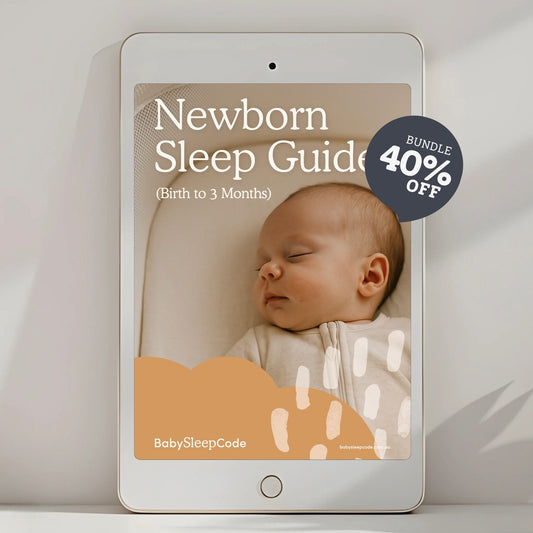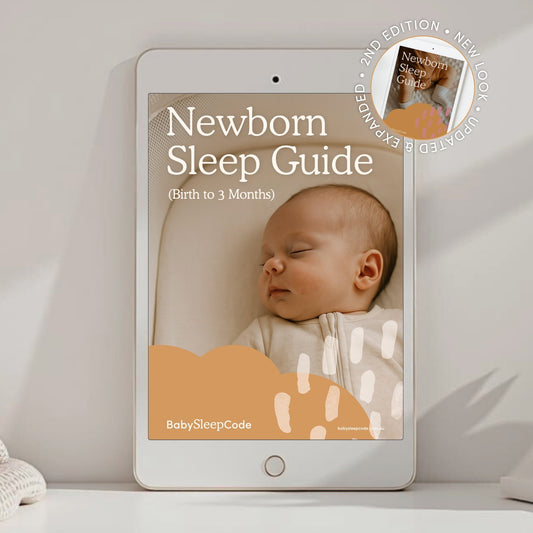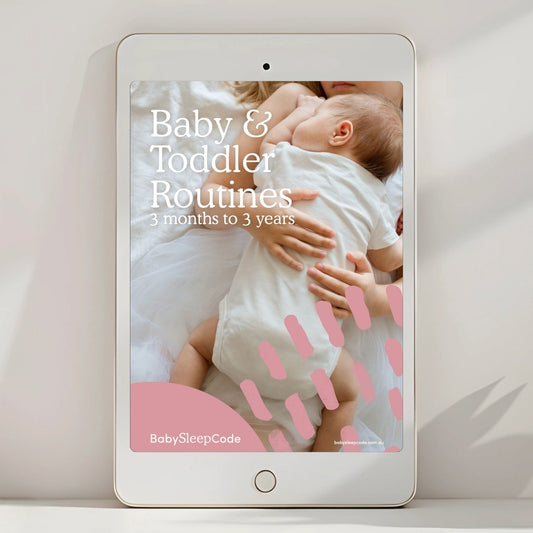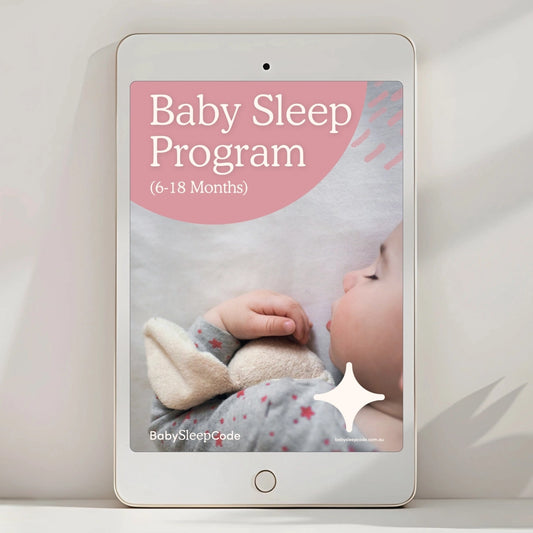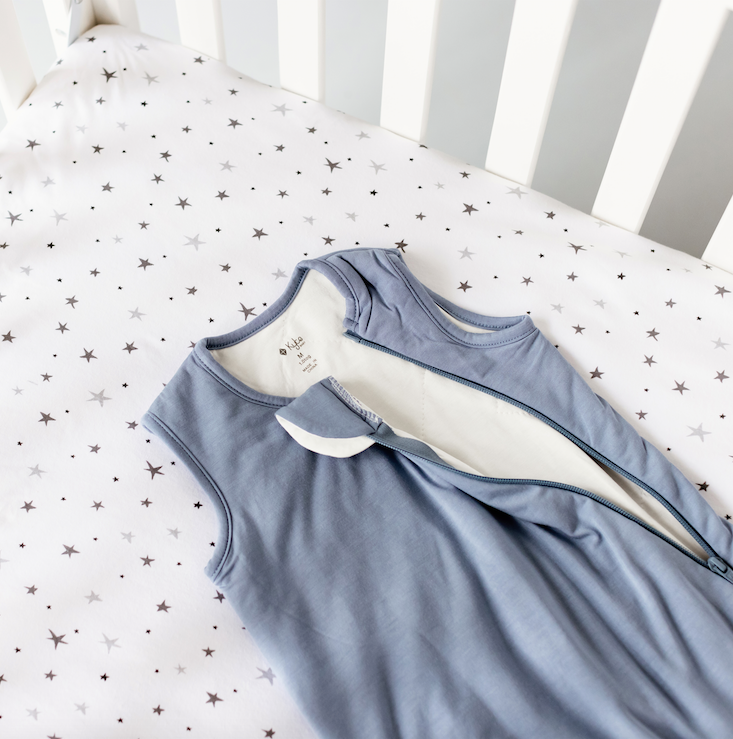We know you’re tired! And for those who were already regular coffee drinkers prior to baby, the thought of waking up and having to function without one sounds like torture.
So here’s the scoop on caffeine and breastmilk…
Caffeine DOES pass into your breastmilk, with peak levels approximately 1 hour after consumption of caffeine-containing beverages.
By 3–4 months of age most infants have developed the ability to metabolise caffeine in a rate similar to adults [1], However, In newborn infants the half-life ranges from 50–100 hours, meaning caffeine could potentially build up over time in their system.
Thankfully, the levels passed to breastmilk are quite low (approximately 1-3%), and studies show that the effect of caffeine on young infants is different to adults, in that, it “does not appear to act as a central nervous system stimulant” [2].
What the research says - does caffeine in breast milk keep a baby awake?
“Caffeine consumption during pregnancy and by nursing mothers seems not to have consequences on sleep of infants at the age of 3 months.” [3]
“Studies in mothers taking 5 cups of coffee daily found no stimulation in breastfed infants 3 weeks of age and older.” [4]
Infant “performance during the caffeine and no-caffeine periods was not significantly different with respect to either 24-hour heart rate or sleep time.” [5]
So what does this mean, can you drink coffee while breastfeeding?
It means, that you can go ahead and enjoy that coffee without being worried it will impact your little one's sleep!
Just watch your intake, as despite studies showing caffeine consumption as high 500mg/day as safe and having no impact on infant sleep, the Food Standards Australia New Zealand still recommend that daily caffeine consumption be limited to up to 200mg (approx 1-2 takeaway coffees).
And as always, it’s best to watch your individual baby as some may be more sensitive to even lower caffeine levels than others.
PS. If your baby is often up late and are impossible to settle to sleep, they might be experiencing a witching hour. Read how to manage fussy evenings and witching hours here.
Caffeine content in common drinks and food (Source: Australian Breastfeeding Association)
|
Drink/food |
Caffeine level (mg) |
|
Espresso coffee |
145 mg/50 mL shot |
|
Formulated caffeinated drinks / ‘Energy’ Drinks |
up to 80 mg/250 mL can |
|
Instant coffee (1 teaspoon/cup) |
60–80 mg/250mL cup |
|
Tea |
10–50 mg/250mL cup |
|
Coca Cola |
up to 54 mg/375 mL cup |
|
Milk chocolate |
20 mg/100 g bar |
|
Takeaway coffee |
51–332 mg/serving3 |
[1] Caffeine therapy in preterm infants. Hesham Abdel-Hady, Nehad Nasef, Abd Elazeez Shabaan, and Islam Nour
[2] Caffeine is a respiratory stimulant without effect on sleep in the short-term in late-preterm infants. Maija Seppä-Moilanen 1, Sture Andersson 2, Turkka Kirjavainen 2
[3] Maternal Caffeine Consumption and Infant Nighttime Waking: Prospective Cohort Study Iná S. Santos, MD, PhD,a,a Alicia Matijasevich, MD, PhD,a and Marlos R. Domingues
[4] Drugs and Lactation Database, Bethesda (MD): National Library of Medicine (US); 2006
[5] Effect of maternal caffeine consumption on heart rate and sleep time of breast-fed infants. J E Ryu, PMID: 4075934


